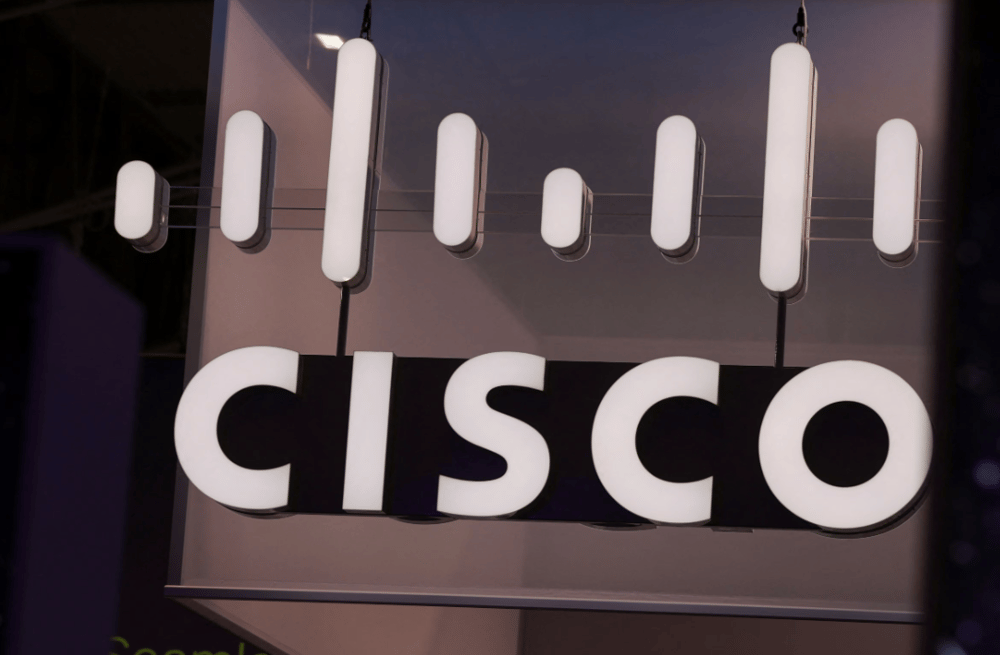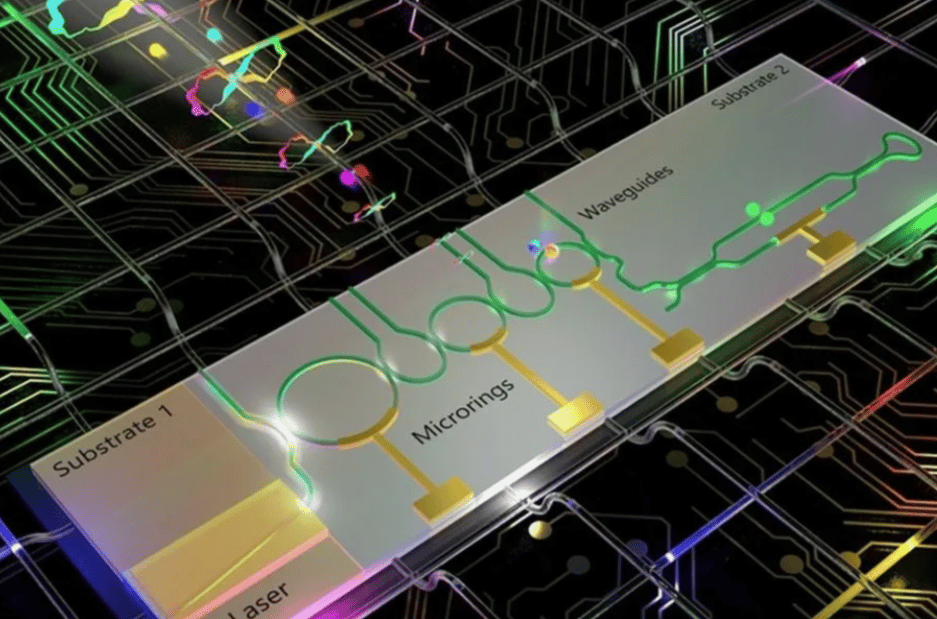Cisco Systems, a global leader in networking hardware, software, and telecommunications equipment, has made significant strides into the world of quantum computing. On Tuesday, the company unveiled a groundbreaking prototype chip designed to link quantum computers into a unified network. Additionally, Cisco announced the opening of a new laboratory in Santa Monica, California, dedicated to exploring the vast potential of quantum computing. This initiative highlights Cisco’s commitment to advancing the next frontier of technology while addressing pressing practical challenges in networking and data synchronization.
Quantum computing has been a highly anticipated field for several years, with the potential to revolutionize industries ranging from cybersecurity to drug discovery. Cisco’s recent advancements signal the company’s intent to play a key role in the development and application of quantum technologies. By bridging the gap between quantum computers and existing networking infrastructure, Cisco aims to unlock new possibilities in computational power and data analysis.
Cisco's Quantum Networking Chip: How It Works and Its Potential Applications
Cisco's new prototype chip is not just a theoretical concept but a tangible step forward in integrating quantum computing with classical systems. The chip utilizes existing network chip technologies, providing an initial solution for interconnecting smaller quantum computers to create more powerful systems. This innovation could be a game-changer in how quantum computers operate and how they are utilized across various industries.
Key Features of Cisco’s Quantum Chip:
Interconnecting Quantum Computers: The primary function of Cisco's quantum chip is to network smaller quantum computers, allowing them to work together as a larger, more efficient system. By doing so, it overcomes one of the major limitations of current quantum computing technology—scalability. This chip could lay the foundation for more robust, interconnected quantum systems capable of performing complex calculations faster and more efficiently.
Leveraging Current Network Technologies: By using some of the same technologies found in current networking chips, Cisco’s quantum chip aims to seamlessly integrate quantum systems with classical computing infrastructures. This hybrid approach could accelerate the adoption of quantum computing by making it easier to incorporate into existing networks without requiring entirely new architectures.
Practical Applications Before Mass Adoption: While the full potential of quantum computers will take time to realize, Cisco’s chip is designed with practical applications in mind. The company believes that the chip can be used in industries such as finance and research even before quantum computers become mainstream.
Early Use Cases for Cisco's Quantum Network Chip
Cisco's new prototype chip promises a range of immediate use cases, many of which could provide significant value to industries that require precise timing and data synchronization. While the broader potential of quantum computing remains untapped, Cisco is positioning its technology to address real-world challenges right away.
Possible Applications of the Quantum Networking Chip:
Financial Synchronization: The chip can help financial institutions synchronize their transaction times more accurately. This can be crucial in a high-speed trading environment where fractions of a second can have significant impacts on market movements and profitability. Cisco's quantum chip could enable real-time, precision time-stamping, ensuring more reliable and faster transactions.
Meteorite Detection: Another innovative application of the chip could be in scientific research, particularly in detecting meteorites. By improving the precision and accuracy of data collection and analysis, Cisco’s quantum chip could assist scientists in identifying meteorites before they impact the Earth, potentially contributing to planetary defense efforts.
Data Security and Encryption: As quantum computing grows, it is expected to disrupt traditional encryption methods. However, Cisco's efforts in quantum networking could also lead to the development of advanced security protocols that protect data while leveraging quantum capabilities.
Accelerating Research and Innovation: In fields like pharmaceuticals and materials science, the ability to perform complex simulations and calculations at unprecedented speeds could unlock new breakthroughs. Cisco’s prototype chip could enable researchers to run simulations faster and with more accuracy, advancing innovation in various scientific disciplines.

Cisco's Commitment to Quantum Research: A New Laboratory in Santa Monica
The announcement of Cisco’s new laboratory in Santa Monica is a significant step in the company’s investment in quantum computing research. The facility will focus on further developing quantum technologies and exploring the many possibilities that quantum computing can offer across different industries. This expansion of Cisco's capabilities reflects the company's ambition to lead in cutting-edge technological innovations and stay at the forefront of the rapidly evolving tech landscape.
By establishing a physical location dedicated to quantum research, Cisco aims to collaborate with academic institutions, startups, and other technology companies, accelerating the commercialization of quantum solutions. This initiative could further cement Cisco’s role as a key player in the next generation of computing technology.
Conclusion: Cisco's Quantum Vision for the Future
Cisco’s announcement of a quantum networking chip and the opening of a new research laboratory in Santa Monica represents a bold move into the quantum computing realm. While the technology is still in its early stages, Cisco’s focus on bridging the gap between quantum systems and classical computing could lay the groundwork for a future where quantum technologies are seamlessly integrated into everyday networks.
The company’s efforts to solve real-world problems, such as synchronization in financial transactions and meteorite detection, underscore the practical value of quantum technologies in the near term. As the quantum computing field continues to evolve, Cisco's contributions could play a pivotal role in shaping the future of networking and computational capabilities across industries.









A shift like this really has the potential to set new trends in automation